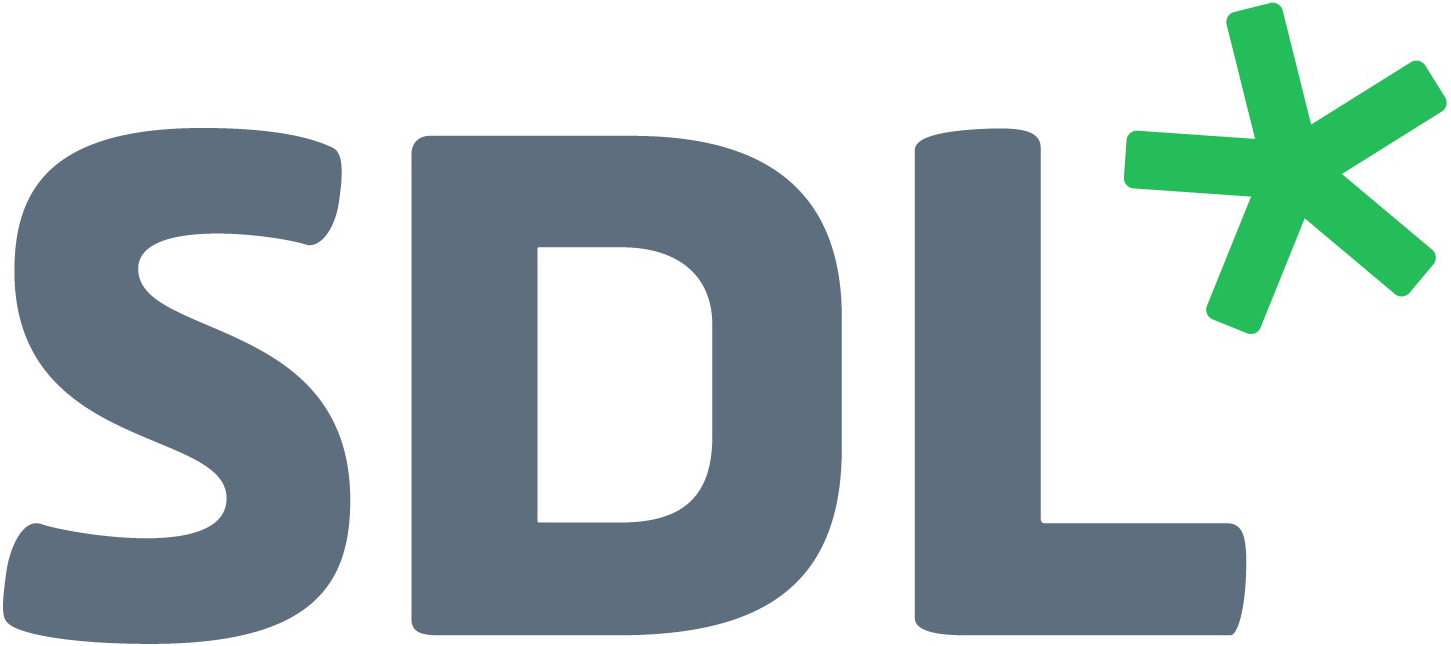 By David Hetling, SDL
By David Hetling, SDL
In my other blog at the start of 2020, we highlighted the need for financial institutions—and their legal advisors—to consider the many ways in which organizational content might be impacted by the LIBOR transition. Much has happened globally in the intervening months but one thing has not changed—LIBOR, the London Inter-Bank Offered Rate, will no longer be supported by UK regulator, The Financial Conduct Authority, from the end of next year.
Financial services providers are now being compelled by regulators around the world to implement plans to cease the use of LIBOR in favour of Risk-Free Rates (RFRs) administered by central banks in London (SONIA Sterling RFR), Frankfurt (ESTR Euro RFR), Zurich (SARON Swiss Franc RFR), Tokyo (TONAR Japanese Yen RFR) and New York (SOFR US Dollar RFR). Some minor concessions have been made in response to the COVID-19 crisis, like an extension to the deadline for creating contracts that reference LIBOR, but the substance of the ask is firm—no contracts should reference LIBOR beyond the end of 2021.
Unraveling the content conundrum
Contracts are the most pressing and complex issue in terms of content creation, approval and translation. Many institutions will already be prioritizing contracts as part of their LIBOR content audit process—the renegotiation and remediation of these agreements involves multiple parties so it is the natural starting point for LIBOR transition managers.
Unsurprisingly, 40 or so years of LIBOR use has also resulted in a vast library of accumulated content in other areas like policies and procedures, training materials and transaction records. Some of these too will need to be translated so identifying precisely which materials need to be updated and made available to multilingual audiences is the next step.
The key here is beginning the process early so that the necessary approvals can be secured prior to informing and re-educating employees in the new procedures wherever they operate. By planning ahead, organizations will avoid a late rush which might result in cost implications and resource limitations in managing content translation for international audiences.
Finally, as the LIBOR deadline draws closer, the focus of attention will be on stakeholder communications. This will likely be a multi-stage process and we have already worked with customers on early communications that introduce the forthcoming changes and serve to prepare clients for further updates over the next year.
LIBOR is now but more reform will follow
LIBOR is undeniably the most important rate-setting benchmark in the world but it is just one of dozens of similar Inter-Bank Offered Rates (IBORs) still in operation in international financial markets. Many of these share the same operational limitations that caused LIBOR to be the subject of reform in the first place and these too will be modified and perhaps even discontinued—in the same way that LIBOR will be—over the next few years. We will continue to monitor this situation and stand ready for ongoing transition undertakings as they arise.
On standby for LIBOR projects
Back to LIBOR, we have been preparing for this particular transition, one of the most significant regulatory changes of the last decade, since the end of 2019. Indeed, we are already engaged with financial services customers and law firms in multiple content areas. We have enormous experience in managing regulatory transitions of this nature and have secure, confidential, end-to-end processes in place to streamline this undertaking so that the content challenge is the least of your concerns.
To find out more about how we can help, listen to our short webinar recording on this subject and then get in touch with one of our LIBOR experts.
W: https://www.sdl.com/industries/legal-solutions/









 SDL
SDL Christy Ma
Christy Ma Bertram Chen
Bertram Chen







